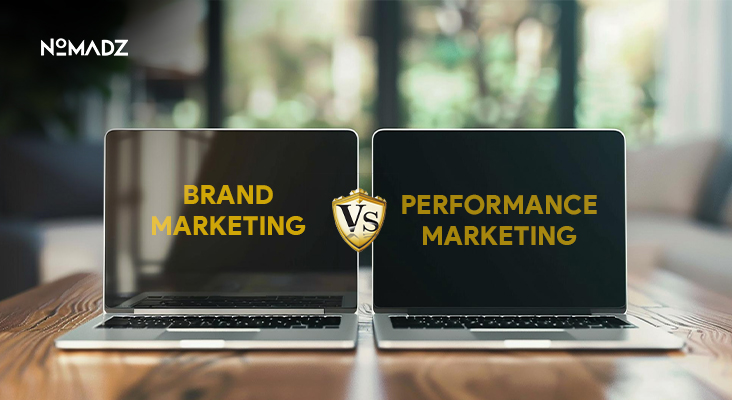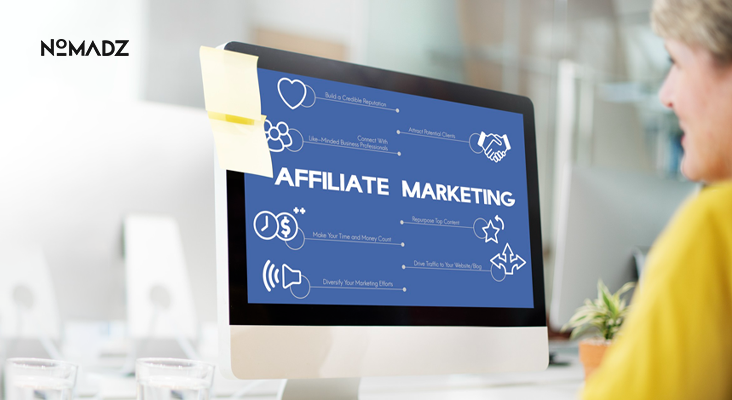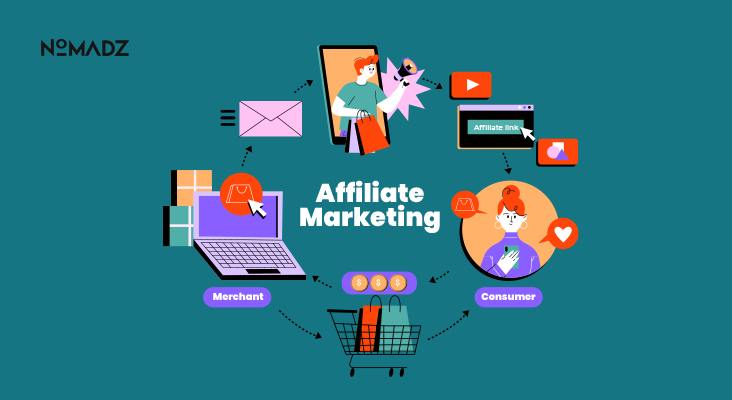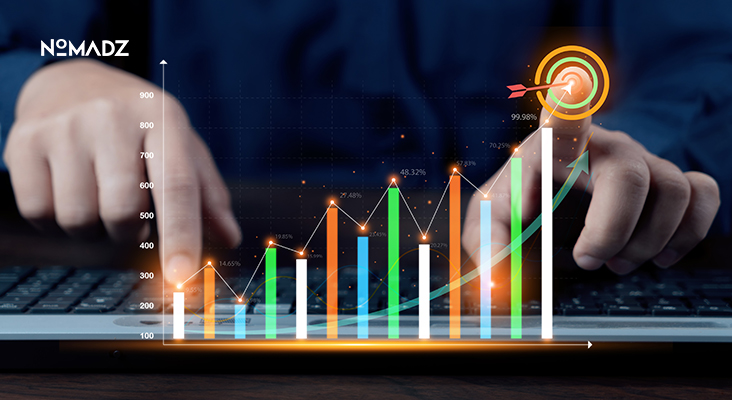Brand Marketing Vs Performance Marketing
With a rapid, fast-track digital climate, many businesses find themselves at a crossroads: should they invest in their brand marketing or should they put a greater emphasis on performance marketing?
Although both strategies are very important in growth, they differ in their operation as they serve different purposes. It is imperative to understand the difference to come up with a comprehensive marketing program, which brings about long-term brand perception and short-term results.
So what exactly is brand marketing vs performance marketing? Is it good or bad, and how do you balance out the two to ensure you achieve success?
What is Brand Marketing?
Brand marketing is focused on forming the perception of people toward your business. It is aimed at establishing trust, loyalty, and awareness. It is more about getting the impression left in the minds of customers rather than selling.
Consider such brand names as Apple, Nike, and Coca-Cola. They do not list the features during their campaigns, but create a story, an emotional appeal, and strong associations. This emotional connection makes them be remembered by the customer even when the customer is not actively shopping.
Key characteristics of brand marketing:
- Creates long-term customer loyalty.
- It is story-driven and emotional.
- Wants to launch the brand name and household recognition.
- The success is benchmarked in brand recall, engagement, and market share.
In simple words, brand marketing lays the foundation. It fosters trust in your brand, so that when they’re ready to make a purchase, they choose you over your competitors.
Also Read: Top 6 Performance Marketing Trends to Watch in 2025
What is Performance Marketing?
Performance marketing is rather performance-oriented. Any campaign is developed with the aim of creating orderable actions – clicks, leads, downloads, or purchases. It is opposite to brand marketing that relies more on emotional storytelling rather than on conversion-based approaches.
As an illustration, a Facebook advertisement that allows a user to validate an email address to receive a newsletter or a Google advertisement that redirects the user to a product page falls under performance marketing.
Performance marketing characteristics:
- Measurable and ROI oriented.
- Performs optimally when it comes to short-term results.
- Guided by metrics, statistics, and metrics.
- Utilizes such traffic sources as paid advertising, mailing, and affiliate programs.
Performance marketing, in brief, is concerned with short-term gains. Companies spend money hoping to see a traceable result within the short term.
Also Read: Top Performance Marketing Companies: Driving Measurable Business Growth
Brand Marketing Vs Performance Marketing: Key Differences
| Factor | Brand Marketing | Performance Marketing |
| Objective | Build awareness, trust, and loyalty | Drive measurable conversions and sales |
| Timeline | Long-term growth strategy | Short-term, quick results |
| Approach | Storytelling, emotional connection | Data-driven, conversion-focused |
| Metrics | Brand recall, engagement, reach | ROI, leads, cost-per-click, cost-per-lead |
| Examples | Nike’s “Just Do It” campaign | Facebook ads, Google PPC campaigns |
While both may seem different, they aren’t mutually exclusive. In fact, the most successful businesses combine brand marketing and performance marketing.
Why You Need Both?
- If there is a lack of brand marketing, it is likely that your company will make sales but will not be in a position to attract long-term customer loyalty.
- Without performance marketing, your brand may be appearing, but will not be immediately bringing in revenue or a qualitative increase.
Think of brand marketing as planting seeds for the future, and performance marketing harvests the crops today. The two are required in sustainable growth.
How to Balance Brand Marketing and Performance Marketing?
- Performance-based Quick Wins Start Here
With the launch of a new business or product, performance marketing can get you quick results and cash flow.
- Invest in Your Brand as Long- Term Investment in Growth
After you have nailed down your revenue, begin to invest in storytelling campaigns, content marketing, and brand positioning.
- Use Perfs to Optimize Branding with Performance Campaigns
The behavioral analysis of customers through ads will assist in the development of the brand message.
- Pull Two At Once
For e.g., a YouTube advert (brand marketing) can generate awareness, and a retargeting advert (performance marketing) will give the conversions.
Real-World Example
In case you have an online store that deals with fitness products.
- When/With performance marketing, you will create a Facebook advert where one can get 20 percent off some workout gear, which will get direct sales.
- Using brand marketing, you can initiate a YouTube video campaign by showcasing how using your products can help people live healthy lives.
The result? Not only do customers purchase now, but they also keep your brand in mind in the future when making fitness buying decisions.
Also Read: Start Performance Marketing with Free Websites – No Cost Required
Conclusion
In the realm of brand marketing vs performance marketing, the argument should not occur between which one should be used. Businesses should not think of them as alternatives to each other but complementary strategies.
Brand marketing creates loyalty, authority, and trust over a longer period of time, whereas performance marketing gives instant, measurable performance. It is always wise to balance between the two, where performance marketing can be used to generate immediate growth, and brand marketing should be used to support it in the long term.
FAQs
What is the difference between brand marketing and performance marketing?
Brand marketing is all about perceptions and loyalty, whereas performance marketing is all about tangibles like click-through, conversions, and sales.
Is it possible to have a business on performance marketing only?
Sure, but this exposes it to short-term growth only. Without brand marketing, there will be low customer loyalty and scant recognition in the long term.
Why do we need brand marketing in the age of digital?
Due to the high level of competition in the market, brand marketing creates trust and emotional ties, which lead to customer preferences and subsequent repeat purchases.
Which is more economical to use, performance marketing or brand marketing?
The performance marketing promises quicker ROI, but the brand marketing achieves long-term assets by minimizing customer acquisition costs over a period of time.
What can small companies do to buy into both strategies effectively?
Begin with performance marketing, where the aim is short-term revenue generation, and add long-term brand marketing to it as the company grows.









Leave feedback about this